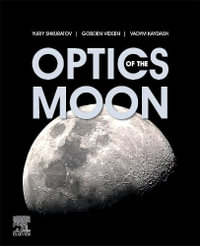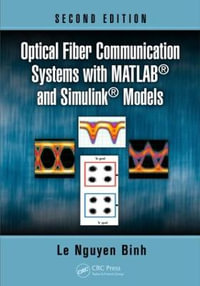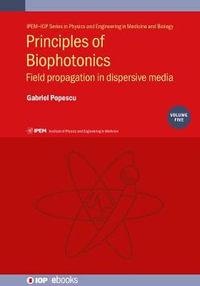Terahertz physics covers one of the least explored but richest regions of the electromagnetic spectrum. Designed for independent learning, this is the first book to open up this exciting new field to students of science and engineering. Written in a clear and consistent style, the textbook focuses on an understanding of fundamental physical principles at terahertz frequencies and their applications. Part I outlines the foundations of terahertz science, starting with the mathematical representation of oscillations before exploring terahertz-frequency light, terahertz phenomena in matter and the terahertz interactions between light and matter. Part II covers components of terahertz technology, from sources of terahertz frequency radiation, through the manipulation of the radiation, to its detection. Part III deals with applications, including time-domain spectroscopy. Highlighting modern developments and concepts, the book is ideal for self-study. It features precise definitions, clear explanations, instructive illustrations, fully worked examples, numerous exercises and a comprehensive glossary.
Industry Reviews
'Terahertz Physics has several advantages over many broad overview books. First, [it] is designed as a university textbook and is mathematically rigorous ... it gives the book depth and a solid foundation. Second, [it] contains exercises and examples that engage the student and further understanding. Finally ... Lewis has clearly written the book to make sure that students absorb the information ... [it] is written in a casual style, which enhances the flow and makes it easy to read.' Alfy Riddle, IEEE Microwave Magazine
'The author provides a careful explanation of basic concepts and their associated mathematical formulations. Attention is then given to key features which emerge in the terahertz regime. Lewis addresses the reader directly, which is a novel and refreshing way to present the material. This book is suitable for self-study, so it may also be useful for those outside the target audience. Its utility is enhanced by the fact that the author has succeeded in capturing the essence of the topic in fewer than 300 pages.' K. Alan Shore, Optics and Photonics News
























